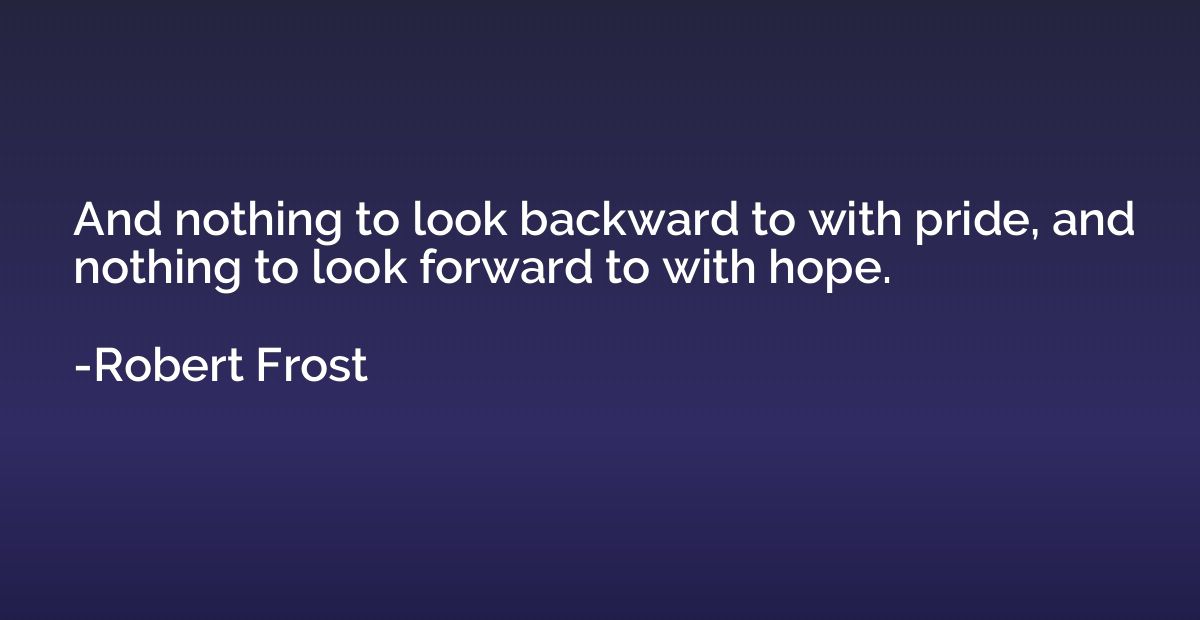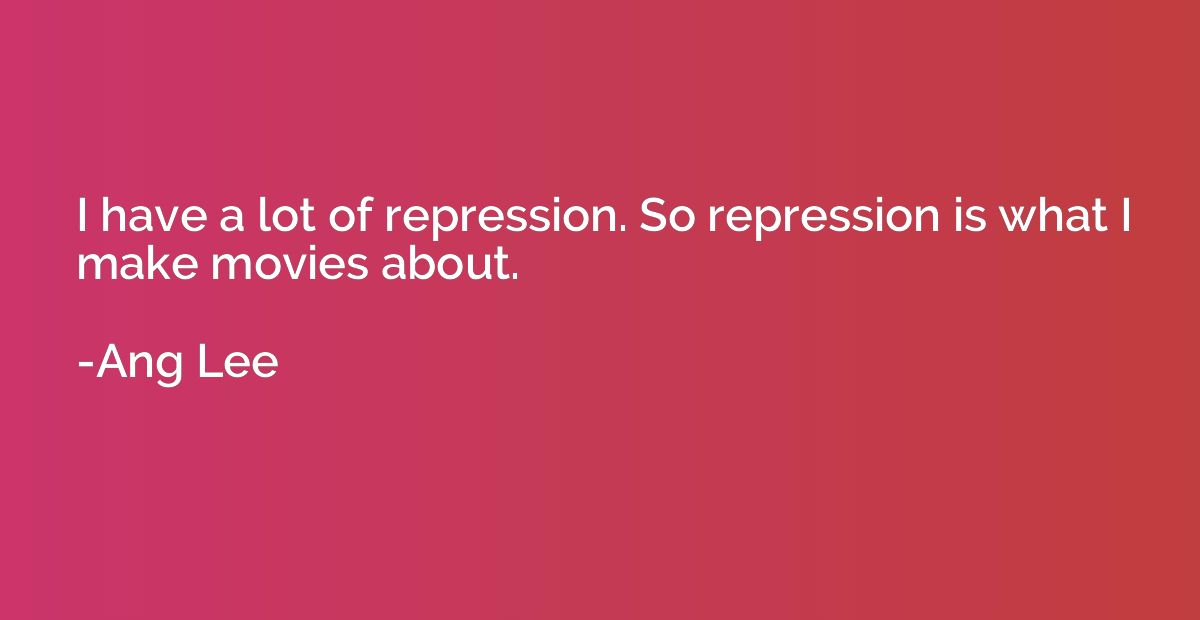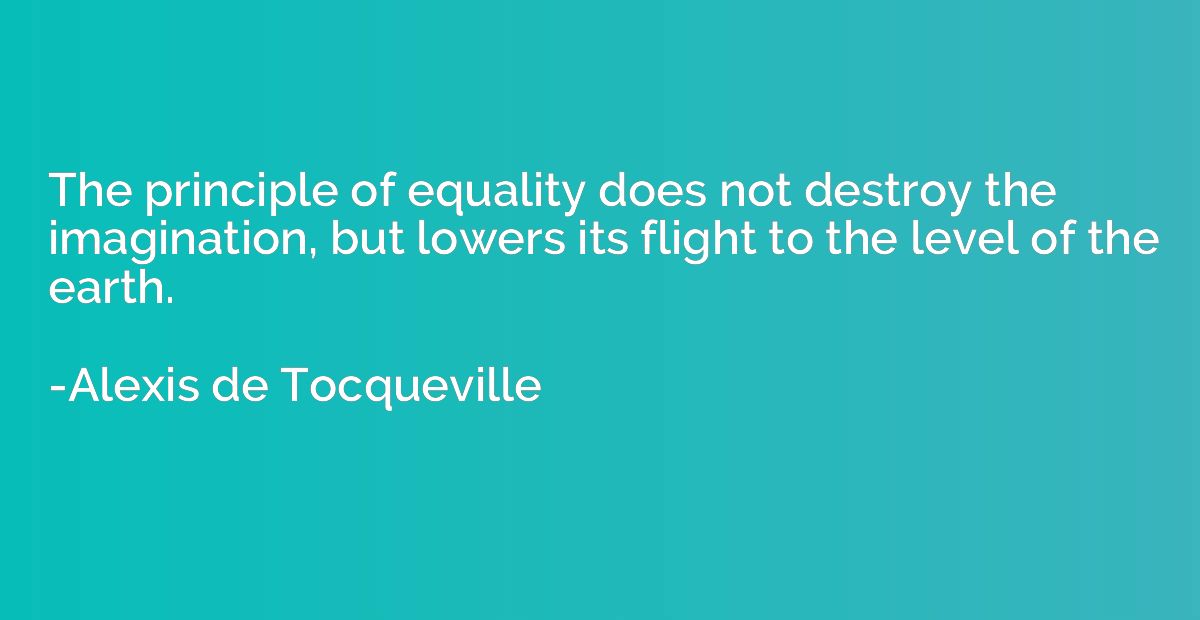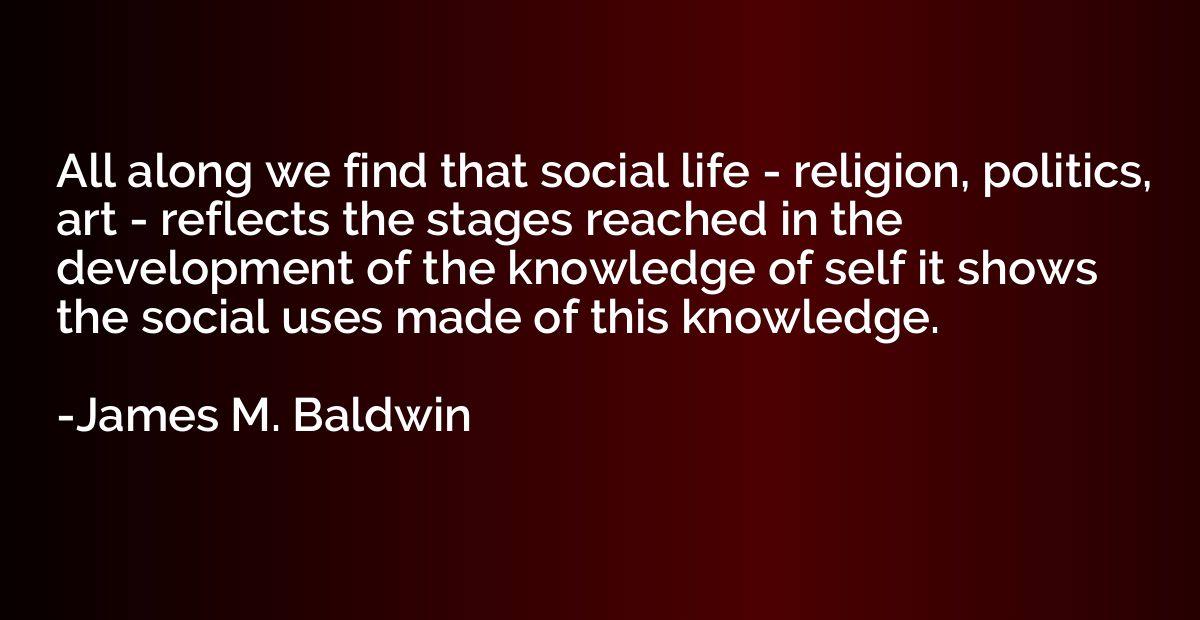Quote by Bertrand Russell
It is not what the man of science believes that distinguishes him, but how and why he believes it. His beliefs are tentative, not dogmatic; they are based on evidence, not on authority or intuition.
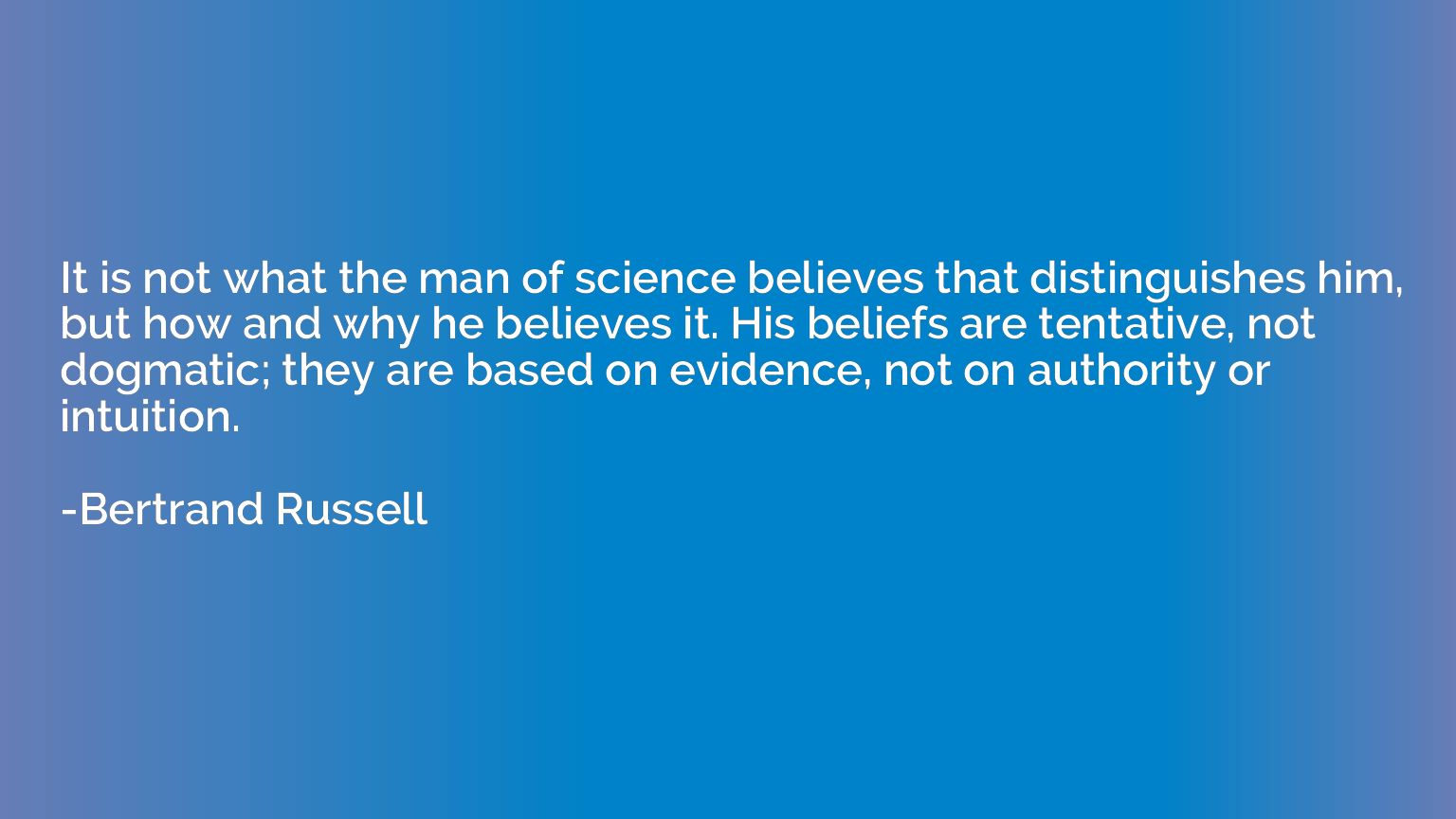
Summary
This quote emphasizes that what sets apart a scientist is not simply what they believe, but rather the way they come to those beliefs. A scientist's belief system is not rigid and unquestionable, but rather flexible and open to change. Their beliefs are grounded in evidence and empirical observations, not solely on the opinions of authoritative figures or personal intuitions. By placing emphasis on rationality, evidence, and a willingness to question and adapt, this quote highlights the distinctive approach and mindset of a scientist.







